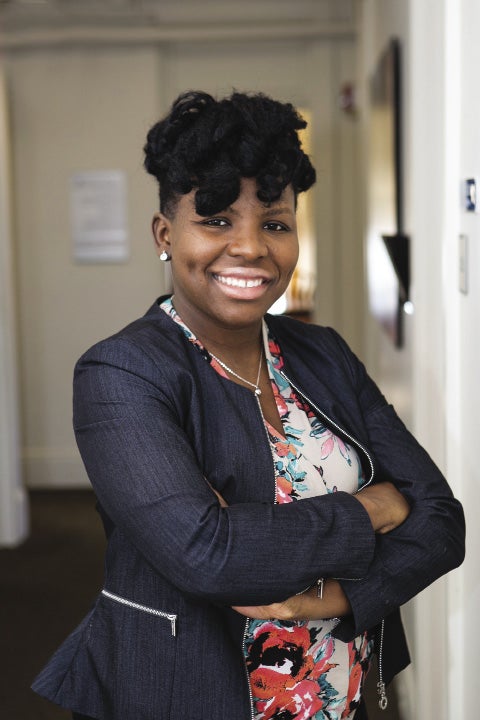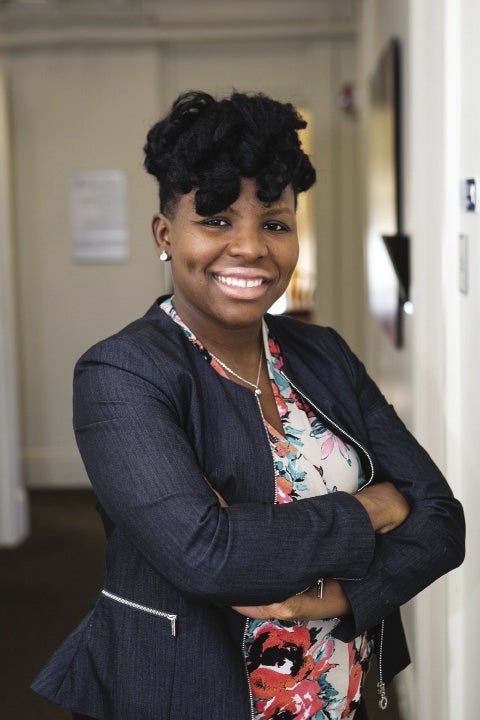Since the rest of the nation doesn’t have the same experience with police, some see this as a black people issue, and others look at our country’s history and determine it’s a white people issue. Really, though, this is a human issue.
Get Instant Access to This Article
Subscribe to Worcester Business Journal and get immediate access to all of our subscriber-only content and much more.
- Critical Central Massachusetts business news updated daily.
- Immediate access to all subscriber-only content on our website.
- Bi-weekly print or digital editions of our award-winning publication.
- Special bonus issues like the WBJ Book of Lists.
- Exclusive ticket prize draws for our in-person events.
Click here to purchase a paywall bypass link for this article.
The killing of John Crawford III, a 22-year-old African-American man shopping in Walmart killed by a police officer – no indictment

Eric Garner – no indictment
Michael Brown – no indictment
Ezell Ford – no indictment
Terrill Thomas, a 38-year-old African-American inmate dies after the jail shuts off his water
Tanisha Anderson – no indictment
Akai Gurley – conviction; Sentence: five-years probation
Tamir Rice, a 12 year old shot and killed while playing in his local park – no indictment
Sandra Bland – no indictment
Philando Castile – officer found not guilty
Trayvon Martin – gunman found not guilty
Breonna Taylor – undetermined
Ahmaud Arbery – gunmen charged
George Floyd – officers charged
These are newer cases, not a new problem. In 1955, Emmett Till, a 14-year-old African-American boy, was abducted, tortured, and shot before being sunk in a Mississippi river; 65 years later, still no indictment.
These lives were horrifically taken, and while they were killed once, a piece of the black community died twice, because justice wasn’t even an afterthought unless there was aftermath: protests, violence, outcries from the streets.
After…math. Yes, after we do the math: the tragic loss of one life, plus another, and another equate to domestic terrorism. Yes, terrorism. Rather serve and protect, the police attitude toward the black community over the decades has amounted to a group furthering ideological goals based on race, which is the definition of terrorism.
Since the rest of the nation doesn't have the same experience with police, some see this as a black people issue, and others look at our country’s history and determine it’s a white people issue. Really, though, this is a human issue.
This is not a pop quiz on identifying our colors: white, black, or any other. This exam is to test what is in our hearts. While a knee was on George Floyd’s neck, it was the weight of what was in Derek Chauvin’s heart that suffocated him.
Racism is a systemic problem. We hear this and perceive the vice as far removed. It’s important to note, systems are created and operated by people; people with minds and hearts to perpetuate ideologies and self-made truths.
What's in our hearts allows a white cop to casually shut off George Floyd’s air supply, despite his cries for help. What's in the hearts of the attorneys and the jury will determine the sentence preferred against Floyd’s killer.
Closer to home, what's in our hearts stopped us from calling that qualified candidate for the interview because we couldn't pronounce his name. Or why pay and health disparities still widely exist today. What’s in our hearts has led to our C-suites being primarily homogeneous in nature.
This is a call to action to stand against racism, but beyond taking a stand publicly, we must be willing to sit privately and deeply search our souls. It’s a matter of the heart.
Tamara Lundi is the interim president of Community Healthlink at UMass Memorial Health Care in Worcester.

